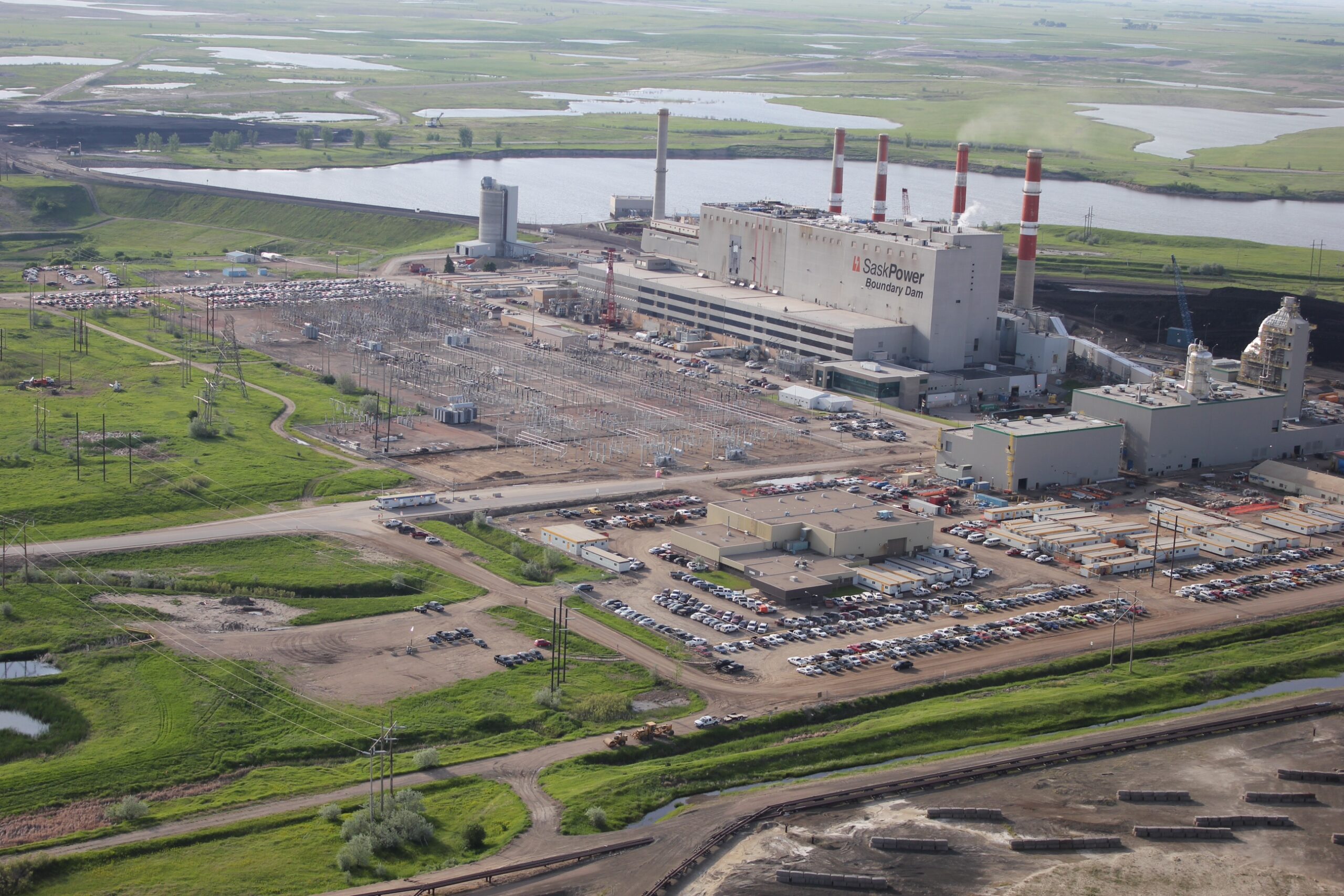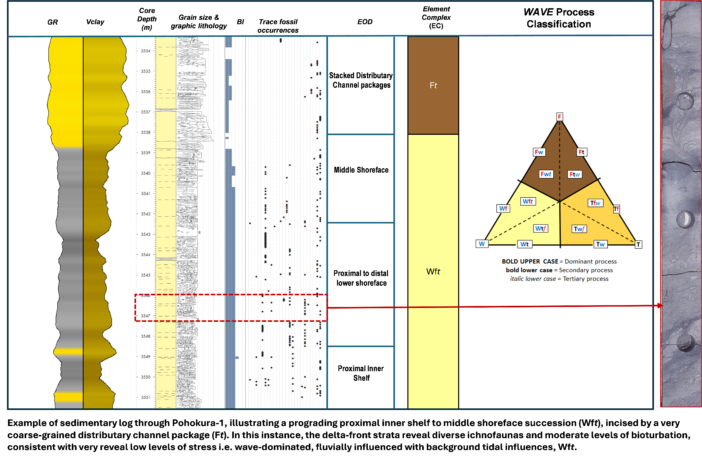
- This event has passed.
2023 PESA WEBINAR SERIES: The Value of Knowledge Sharing in Bringing CCS Projects to Life (The International CCS Knowledge Centre)
Tuesday, 27 June, 2023 @ 11:00 am - 12:00 pm (Australia/Perth time)
Free – $10.00
Kindly supported by Rock Flow dynamics 
This live webinar will take place at:
11am – Perth
12.30pm – Darwin, Adelaide
1pm – Brisbane, Canberra, Hobart, Melbourne, Sydney
9pm – Regina, Saskatchewan, Canada
Use the calendar link on this page to add this event in to your own calendar at the correct local time for your location.
Tickets are free for members (please log in to see this) and $10 for non members.
Please buy your tickets and immediately follow the link in the ticket e-mail (not the calendar invite or this webpage, which is just generic and not event specific) to set up your registration with the webinar software well in advance of the time of the talk. Once registered with the webinar software you will receive a reminder e-mail 1 hour beforehand.
The Value of Knowledge Sharing in Bringing CCS Projects to Life
Presented by Conway Nelson (The International CCS Knowledge Centre)
Abstract
The capture and storage of CO2 (CCS) from heavy industry has long been recognized as a critical component of achieving a carbon-neutral and sustainable energy future. However, the deployment of large-scale CCS projects has lagged behind rates proposed by organizations like the International Energy Agency and the UN’s Intergovernmental Panel on Climate Change. Recent developments indicate a shift in this trend. The social and economic value of CCS is increasingly acknowledged, as well as its contribution to energy security and sustainability, leading to higher public support and capital investment. As a result, the global pipeline of CCS projects is growing, with the increase in potential capture capacity rising from 75 million tonnes per year in 2022 to 320 million tonnes per year in March of 2023.
Despite aspirations, only a handful of CCS projects have been built and brought successfully into operation. The reasons are multifaceted, including technical, engineering, economic, financial, and political challenges. To maximize the chances of success for current projects, it is imperative that lessons learned from previous experience are applied, to reduce risk, lower costs and improve the performance of the next generation of CCS technologies.
The International CCS Knowledge Centre is one of the world’s leading curators of knowledge and lessons from CCS projects across heavy-emitting industries including power generation, oil and gas production, mining, and cement, steel and fertilizer manufacturing. Using its unique expertise, the Knowledge Centre provides independent advice to help companies successfully navigate the myriad technical, economic, policy and stakeholder issues that accompany the development of major CCS projects. The Knowledge Centre’s experience is based in Canada, which is a world leader in CCS development with five of the 30 industrial-scale CCS projects globally, including the ground-breaking SaskPower Boundary Dam 3 CCS Facility (BD3 CCS facility), the world’s first fully integrated post-combustion CCS facility on a coal fired power plant.
SaskPower’s BD3 CCS facility has effectively captured and sequestered over 5 million tonnes of CO2 since 2014, with a 90% capture capability. As global efforts to reduce greenhouse gas emissions gain momentum, it becomes increasingly vital for there to be real-world examples of successful implementation of large-scale CCS technologies. The BD3 CCS facility provides those critical lessons learned and has paved the way for innovation, increased efficiency and lower costs in future iterations of the technology across all industries. It has proven the feasibility of CCS technology at a commercial scale and provides a framework for governments and companies considering implementation. From this experience, the Knowledge Centre has derived a set of technical, strategic and regulatory insights and lessons that are applicable to the next generation of large-scale CCS projects across heavy-emitting industries, and has developed a set of prioritized questions that potential project developers must ask in order to maximise the chances of a successful project.



